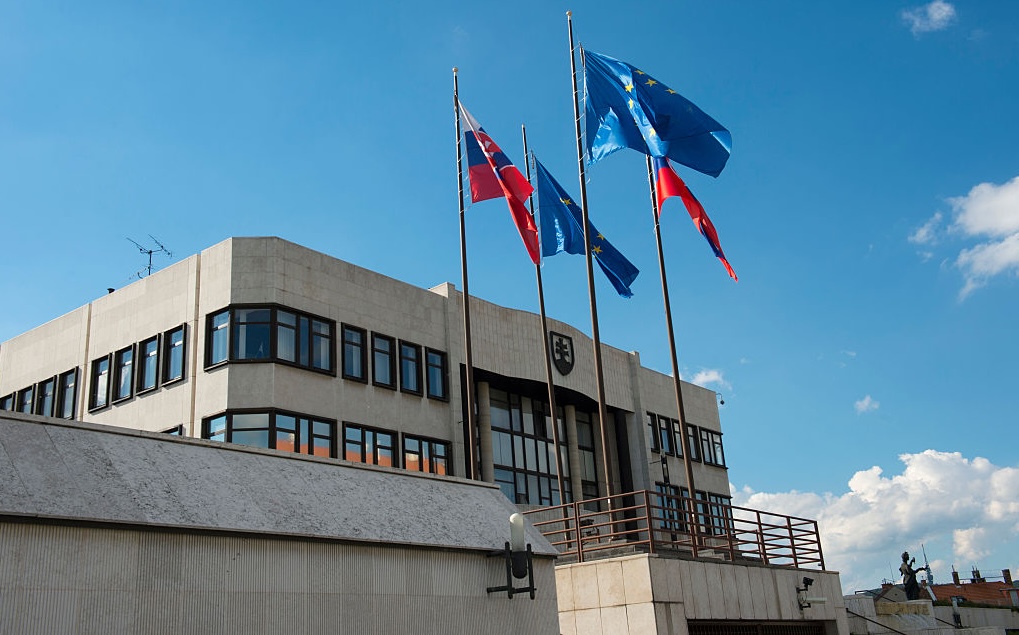BRATISLAVA – The Slovak parliament has approved new legislation requiring NGOs to prepare a transparency report and disclose information on how they manage public funds.
Under the rules, Slovak non-profit organizations, foundations, and associations with an annual income exceeding €35,000 will be required to submit a transparency report.
The report must also include the names of individuals who donated more than €5,000 in a given year. A tiered system of penalties will apply for violations, with fines of up to €1,000.
Chaos and last-minute overhaul: The vote was repeatedly postponed as the ruling coalition party Hlas-SD (NI) made its support contingent on several amendments.
The original draft, introduced by the coalition’s SNS party, proposed that NGOs which directly or indirectly influence politicians should be classified as “lobbyists” and be subject to administrative requirements. Currently, actual lobbyists in Slovakia face no such obligations.
In a last-minute move during Tuesday and Wednesday, the coalition submitted two amendment proposals — one of them a sprawling, 20-page document. The result was a law that barely resembled the original version.
Opposition MPs criticized the sudden and sweeping changes, with MP Branislav Vančo (PS/RE) saying: “Not even a wild boar could figure out what we’re voting on here anymore.”
Still a problem: Despite the amendments, the opposition believes the law is unconstitutional and plans to challenge it before the Constitutional Court. Meanwhile, several NGOs are calling on President Peter Pellegrini not to sign the legislation, arguing that it still contains provisions at odds with EU law.
Filip Vagač from the Platform for Democracy argued that donors have a right to privacy, and the creation of donor lists contradicts rulings by both the EU Court of Justice and the European Court of Human Rights.
Fico’s NGO hunt: Prime Minister Robert Fico’s government has long sought to make life harder for civil society organizations, vowing to “end the rule of political NGOs in Slovakia“. Last year, the government tried unsuccessfully to introduce a Russian-style law, which would have labelled organizations receiving foreign funding as foreign agents, effectively stigmatizing them.
